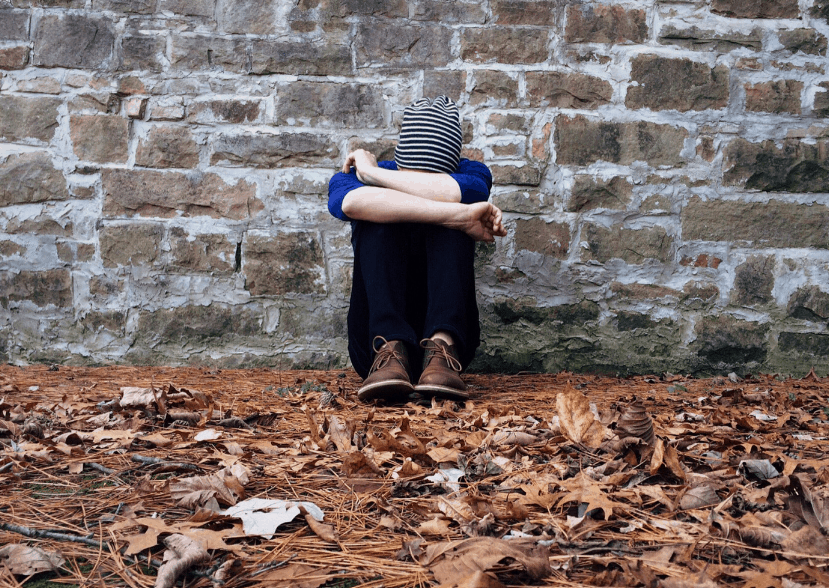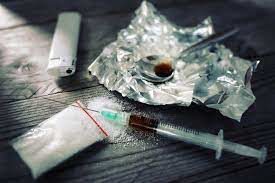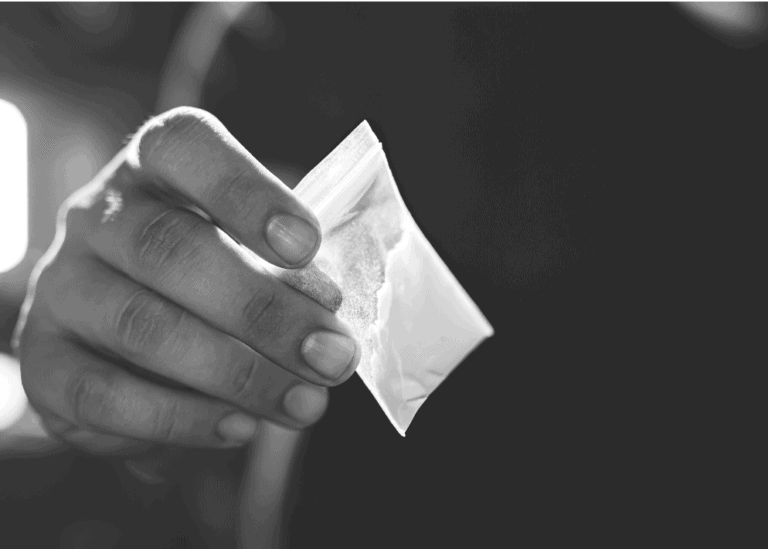Sadly, a cocaine addiction can affect anyone, even a child. In fact, an addiction can happen to anyone at any age. Fortunately though, no one is ever beyond help. Treatment for a cocaine addiction is possible at any age or any severity. To effectively intervene on a child with a cocaine addiction, there are five key ways an individual can help.
Dangers of Cocaine Addiction in Adolescence
Adolescent cocaine abuse can be extremely hazardous, both in the short-term and in the long-term. One of the gravest risks of teen cocaine addiction is an overdose; the powerful stimulant can increase the heart rate, blood pressure, and temperature of the body, potentially bringing about heart attacks, seizures, and stroke. Cocaine abuse can also cause substantial physical ailments, such as breathing issues, kidney damage, and digestive issues. Furthermore, snorting cocaine can hurt the nasal passages and sinuses.
Cocaine dependence is known to have considerable emotional, mental, and social repercussions. Teens who ingest the drug may experience depression, anxiety, and other mental health conditions, in addition to difficulties with social connections and job performance. Not only that, it can also result in financial woes and legal issues since having or using cocaine is considered illegal. Moreover, cocaine addiction during adolescence can detrimentally affect the brain’s development since it is still maturing, and the drug’s effects can alter its functioning. Consequently, adolescents who use cocaine may suffer from memory lapses, lack of focus, and impaired judgement.
5 Ways to Help
1. Be Sure the Child Has A Cocaine Addiction
An addiction can take multiple forms. Despite the efforts of local, state, and federal entities in the United States, there are dozens of addictive drugs and substances available to users. This often makes identifying the kind of addiction a person is dealing with difficult.
Before addressing a child’s cocaine addiction, an individual must be sure cocaine is the drug the child is abusing. The most effective way for an individual to identify what drug a child or anyone else is abusing is to look for the most common signs of the suspected addiction. When a person consumes cocaine, they are likely to exhibit short bursts of energy, increased sensitivity, and euphoria. Any high from cocaine is short lived, so the common signs of cocaine use are likely to disappear after anywhere from fifteen minutes to an hour.
2. Approach the Child Out of Care and Concern
The most effective way to help a person with a cocaine addiction – no matter what age they are – is to approach them out of care and concern for their health and wellbeing. Any intervention concerning an individual’s drug abuse should feel like an expression of love. It should never feel confrontational. If a person approaches a child with a cocaine addiction with hostility or anger, the approach is likely to fail.
3. Approach the Child with Another Caring Adult
In many cases, helping a child with a cocaine addiction is more manageable and more successful if a person intervenes on their drug abuse with another caring adult. Having another adult present can help the intervention feel more like a dialogue between caring people – rather than a lecture from one adult to a child. It also helps show the child how many people care for them and their wellbeing.
4. Encourage Sobriety and Recovery
Any person of any age cannot be forced into a successful recovery. A child with a cocaine addiction should be encouraged to seek professional help and enroll in treatment at a rehabilitation facility. If a child is forced into treatment, they are unlikely to commit and more likely to relapse upon the completion of their treatment. However, if a person and their loved ones can convince a child to commit to their recovery, that child is more likely to have a successful and lasting recovery.
5. Never Give Up on the Child
Convincing a person, especially a child, to commit to treatment and therapy for a cocaine addiction can be extremely difficult. At times, it can be beyond frustrating. Despite any obstacles that may come up, it is important that one never gives up on their child – no matter how bad their addiction or behavior becomes. To successfully help a child overcome their cocaine addiction and live a happy, healthy life, one must maintain their commitment to the child and do whatever they can to encourage them to enter and stay in recovery.
Interested in Cocaine Addiction Treatment in Your Area?
If you or a loved one, including a child, are in need of treatment for a cocaine addiction, help is available in your area! At Knoxville Recovery Center, our addiction specialists offer a variety of addiction treatments and therapies to help people overcome their affliction. Contact us today for more information!










